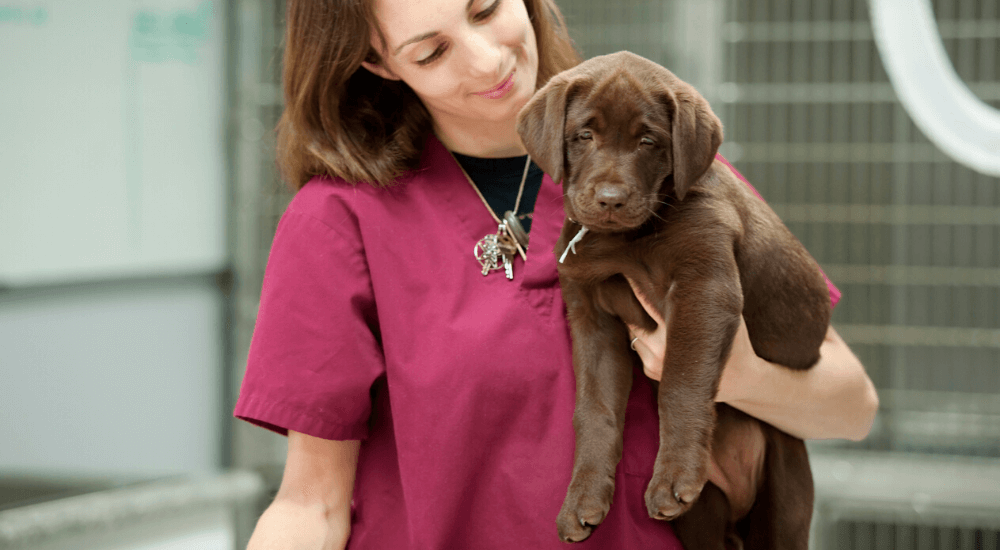
Every year since 1991, the Labrador Retriever has been recognized as the most popular dog breed in America. This delightful breed’s nearly-unfailing friendliness to all humans big and small, even temperament, prowess when hunting, and overall charm explains why they are so beloved. If you start throwing a Lab a tennis ball, be prepared for them to outlast you in play! Like other breeds, Labs may be susceptible to certain genetic diseases and it’s the breeder or owner’s responsibility to ensure DNA testing is performed to prevent passing along genetic mutations to future generations. One of those important tests is for Centronuclear Myopathy (CNM). Here’s what you need to know about CNM in Labrador Retrievers.
What is Centronuclear Myopathy in Dogs?
CNM is a hereditary disease in which a genetic mutation is passed from parent to pup. Signs of the disease generally become apparent in young dogs that are 2-5 months of age. In affected dogs, the condition presents as loss of muscle tone and control and is not unlike the condition in humans called muscular dystrophy. It is an autosomal recessive disorder and affects both male and female dogs. A Lab will present symptoms if two copies of the mutation are present.
What are the Symptoms of CNM?
- Exercise intolerance
- Awkward gait
- Difficulty eating
- Low muscle tone
- Muscle tremors and collapse
- Muscular atrophy
- Abnormally-low head and neck posture
CNM is not a fatal condition and affected dogs can experience varying degrees of symptom severity. But affected Labradors require extra TLC—under the direction of a veterinarian—as the disease worsens since they have such a difficult time getting around. The progression of the disease stabilizes at about one year of age.
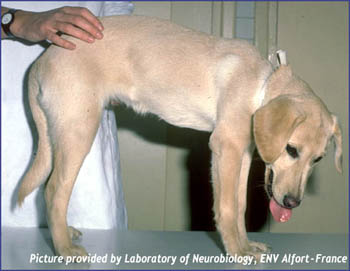
Which Dog Breeds are Affected by CNM?
- Labrador Retriever
Can CNM be Prevented?
CNM cannot be prevented in Labradors who inherit two copies of the mutation from their parents. If you are a breeder, you can do your part in mitigating the effects of CNM on the gene pool by removing dogs with one or two copies of the mutation from breeding consideration.
Is Your Dog at Risk? A Dog DNA Test for CNM Can Tell You
There are 3 possible genotypes reported for CNM by our state-of-the art laboratory:
CLEAR: those having 2 copies of the normal allele and appear to be normal
CARRIER: those having 1 copy of the normal allele and 1 copy of the HNPK mutation but appear to be normal
AT RISK: those having 2 copies of the CNM mutation and will likely show clinical signs
What is the Treatment for CNM?
There is no known cure and owners should consult with their veterinarian on how to best keep their affected Labrador as comfortable as possible. A very real danger for affected dogs is asphyxiation—especially during eating—since muscles are so weak and head position is low. To prevent this problem, many owners hand-feed their Labrador or provide an elevated food dish.
The Tip of the Tail
If you breed or own Labrador Retrievers, be sure to complete a comprehensive array of DNA testing—including CNM—to ensure your animal is not at risk of carrying the mutation(s) for genetically-inherited diseases. CNM is a heartbreaking disease, but it’s best to know upfront if your four-legged friend a candidate for breeding or if he/she is going to need a little extra help in life.



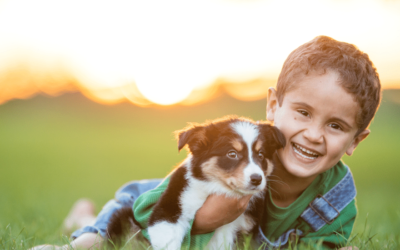
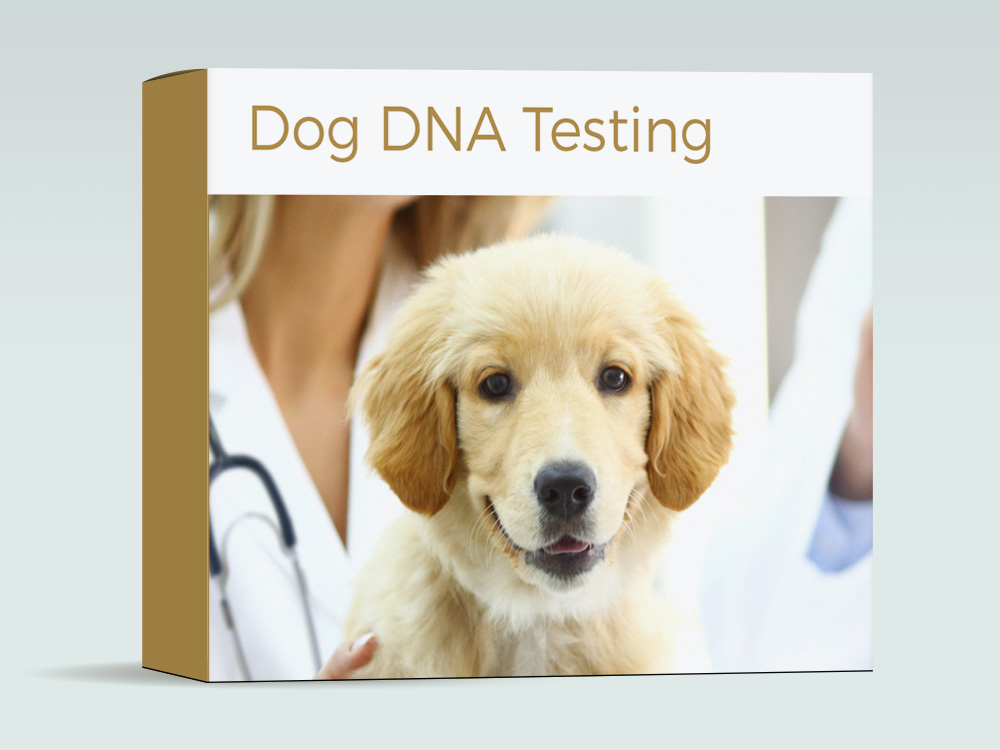
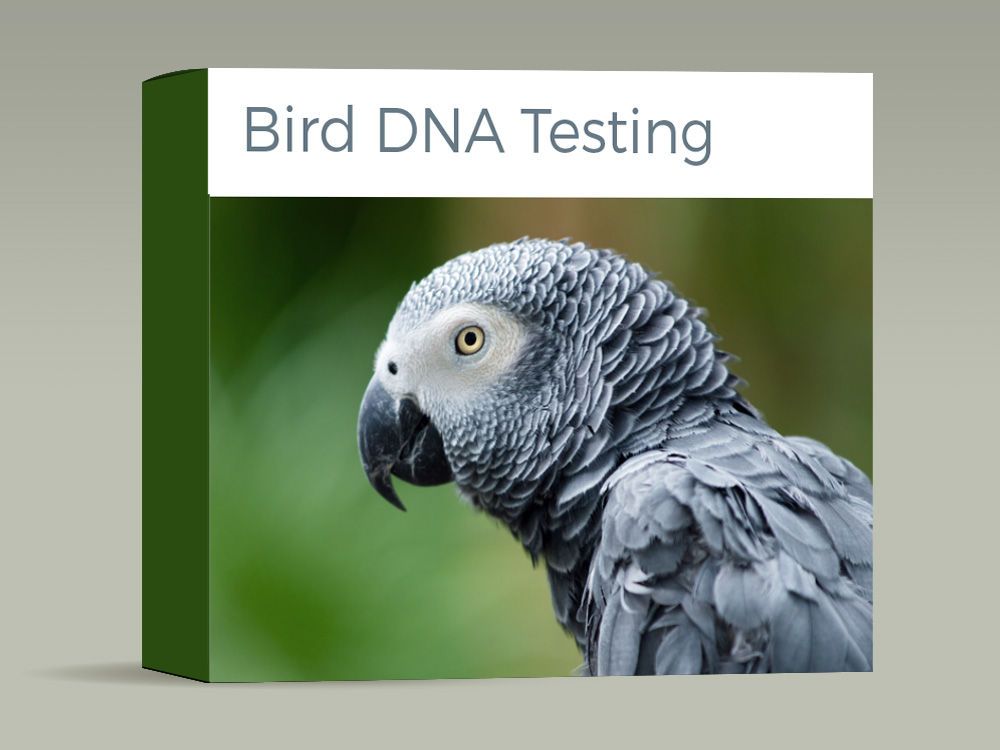
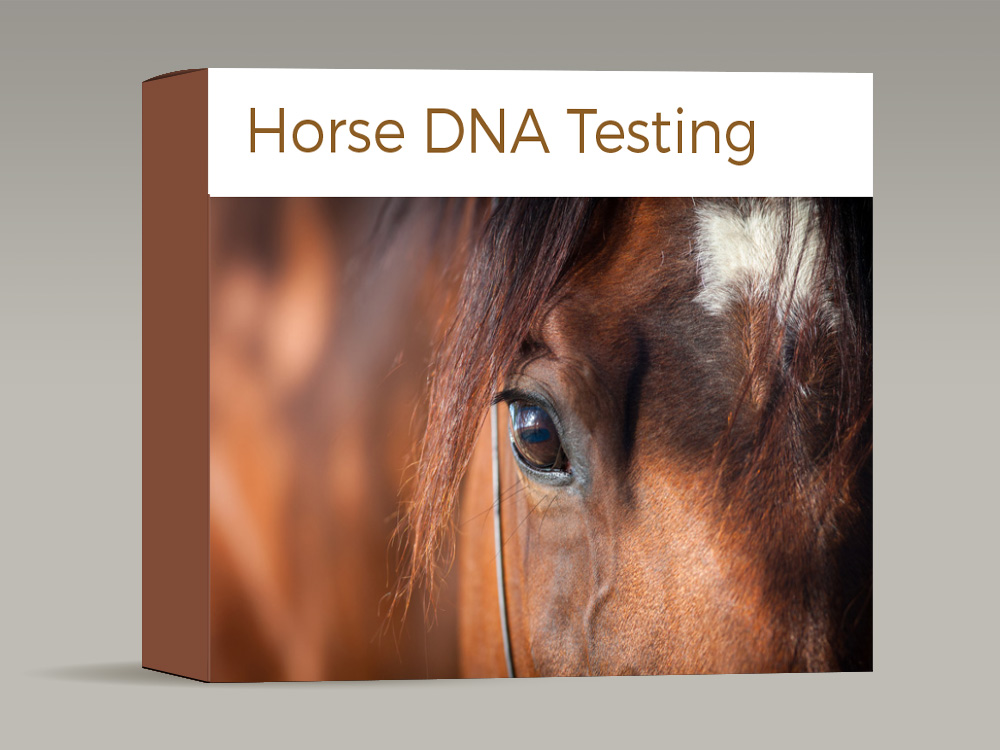
0 Comments